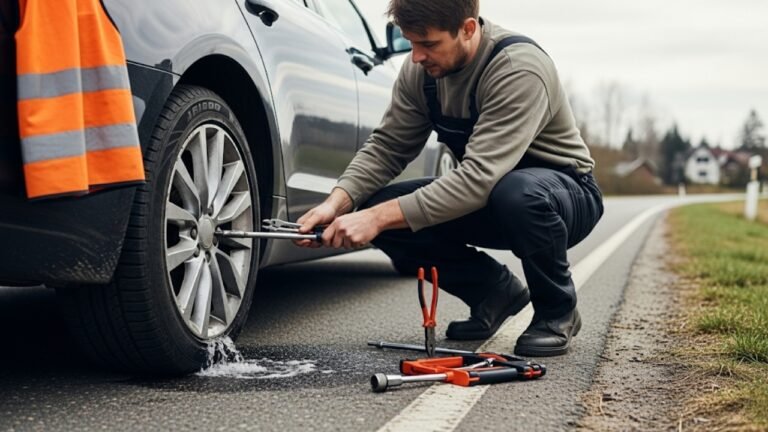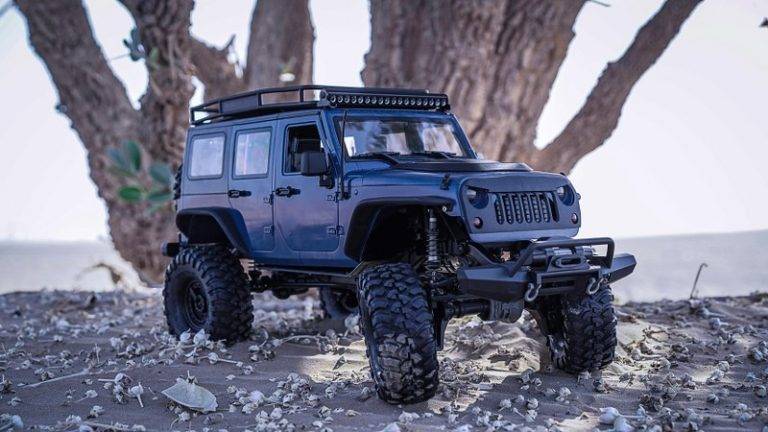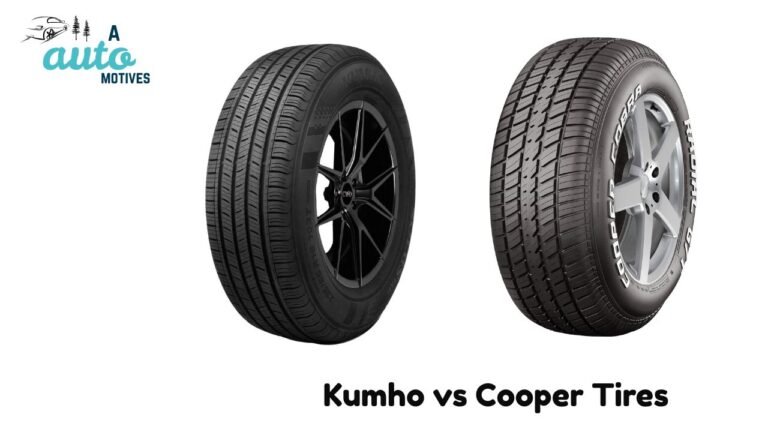Cooper Tires vs Michelin: My Honest Road-Tested Review
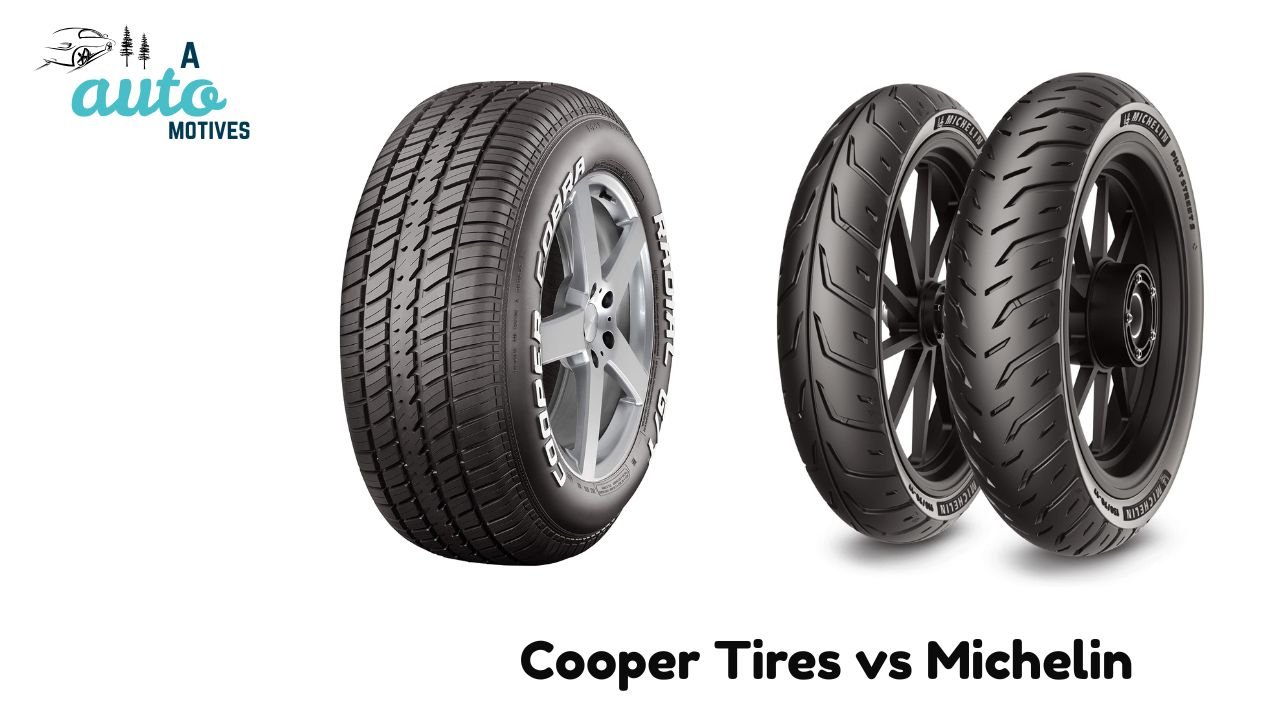
Choosing the right tires isn’t just about rubber and tread — it’s about how your car feels when it glides down the road. I’ve spent years driving across different terrains: from the bustling city streets of Chicago to the long, open highways cutting through Colorado’s mountain air, and even icy stretches in the Midwest. Through it all, one thing became crystal clear — the right tires can completely transform your driving experience.
In this honest, road-tested review, I’ll share my personal experience comparing Cooper Tires vs Michelin — two brands often debated by car enthusiasts and everyday drivers alike. If you’ve ever wondered which one truly delivers in real-world conditions, buckle up — because I’ve tested both, mile after mile.
My Driving Background – Why This Comparison Matters
Before we dive into the nitty-gritty, let me set the stage. I’m not a professional racer or tire engineer — just a guy who drives a lot. I’ve owned trucks, sedans, and SUVs, each demanding a different tire personality. Over the past few years, I’ve switched between Cooper Discoverer, CS5 Ultra Touring, Michelin CrossClimate2, and Defender T+H.
This isn’t a sponsored post or brand collaboration. It’s my hands-on experience, from changing tires in the biting cold to checking tread wear after thousands of miles. So, when I say this is honest, I mean it — these tires have been through dust, rain, snow, and heat with me behind the wheel.
Cooper Tires Review
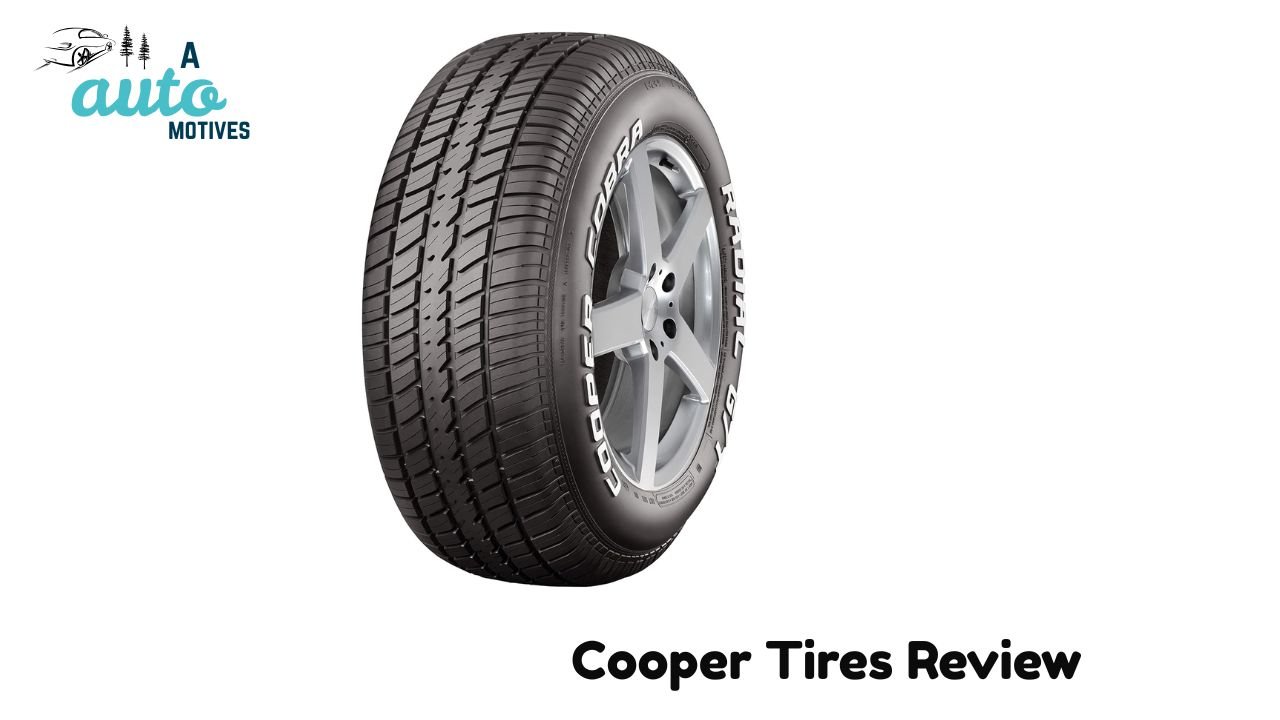
There’s something charming about Cooper Tires. They remind me of that dependable friend who’s always there when you need them. They may not always grab the spotlight, but they get the job done — and do it well.
Real-World Performance: My Experience with Cooper Tires
When I first tried Cooper Discoverer AT3 tires, it was during a bone-chilling winter in Wisconsin. The roads were covered in thin ice sheets, and most cars were sliding around like hockey pucks. My Coopers, though not true winter tires, held their ground better than I expected. They bit into the icy surface with confidence, giving me that much-needed peace of mind.
A few months later, I swapped to Cooper CS5 Ultra Touring for a long summer drive from Illinois to Colorado. That’s about 1,000 miles of changing landscapes — highways, gravel shoulders, and sudden rainstorms in the plains. What struck me was how smooth the ride felt. Road noise? Minimal. Fuel use? Noticeably lower than before. It’s the kind of tire that makes you realize just how much comfort matters when you’re driving hour after hour.
In city driving — especially during those quick stop-and-go commutes — Cooper tires continued to impress me. Braking felt tight and responsive. Even when rain slicked the roads, my SUV didn’t lose grip. For a mid-priced tire, that’s a big win.
Key Technical Aspects
Cooper tires are built with smart engineering, even if they don’t always market themselves as aggressively as Michelin.
-
Tread Pattern & Grip: The deep grooves and smart siping on Cooper tires help push away water effectively. During one heavy rainstorm in St. Louis, I could actually feel how well they resisted hydroplaning.
-
Treadwear & Longevity: My Cooper CS5 Grand Touring tires are still going strong after roughly 40,000 miles. The treadwear indicators make it easy to monitor, which I really appreciate.
-
Comfort & Noise: On smooth roads, Coopers are whisper-quiet. On rough asphalt, you’ll hear a low hum — not annoying, just noticeable.
-
Weather Adaptability: With an M+S (Mud and Snow) rating and the occasional 3PMSF (Three-Peak Mountain Snowflake) marking, they’re reliable for year-round use.
What I Love About Cooper Tires
-
Reliable Grip: Whether in rain, light snow, or dry heat, they perform consistently.
-
Long Tread Life: The wear is impressively slow for their price.
-
Comfortable Ride: Smooth and steady, even at highway speeds.
-
Good Value: They offer more than what you pay for.
-
All-Rounder: Great for daily commutes, long drives, and even some off-road adventures.
What Could Be Better
-
Extreme Winter Performance: While capable, they can’t replace true winter tires.
-
Availability: Depending on your area, some Cooper models can be tricky to find in stock.
-
Slightly Higher Price Range: Though affordable compared to premium brands, Cooper is pricier than some budget competitors.
My Honest Verdict on Cooper Tires
If you want a tire that balances performance, comfort, and affordability, Cooper should be on your shortlist. They’re the kind of tires you install and forget — in the best way possible. Reliable, steady, and made for real-world drivers who face changing conditions.
For someone who drives through mixed weather — a bit of rain, some heat, and the occasional winter chill — Cooper delivers great value without compromise.
If you live in areas with harsh, icy winters, I’d recommend pairing your Coopers with dedicated snow tires. But for everything else, they’re a smart, budget-friendly choice that doesn’t feel “cheap.”
Michelin Tires Review
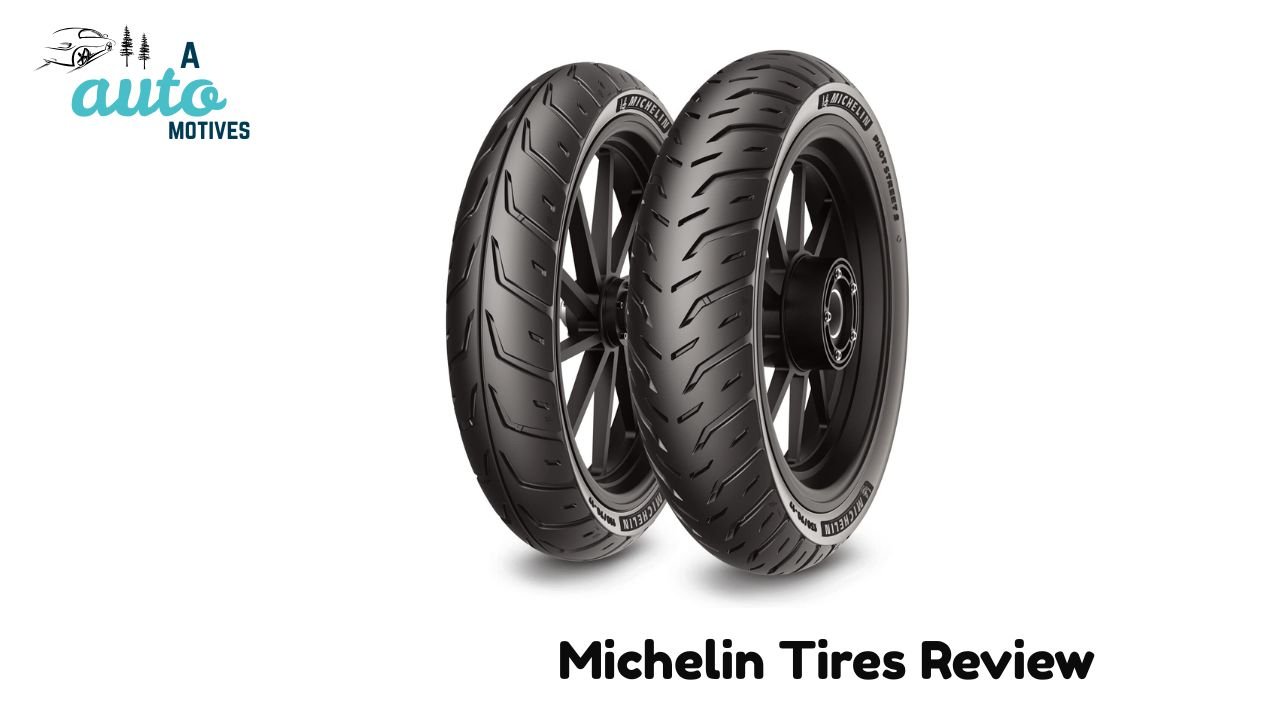
Now, let’s talk about the big name — Michelin. If Cooper is the dependable friend, Michelin is the sophisticated one who always shows up polished and confident. You pay more, but you also get more refinement, longevity, and a sense of assurance that’s hard to beat.
Real-World Performance: My Experience with Michelin Tires
My relationship with Michelin started during a particularly snowy winter in Minnesota. I was skeptical at first — could the Michelin CrossClimate2 really live up to the hype? After a few weeks, I was sold. Even when the roads turned into slush-covered skating rinks, my car stayed steady. No sliding, no hesitation — just smooth, sure-footed control.
Then came summer. I switched to the Michelin Premier A/S for a cross-country trip from Chicago to Denver. It’s a route with a bit of everything: smooth interstate lanes, winding mountain passes, and long stretches of concrete. What stood out most was the quiet. Even cruising at 75 mph, the cabin stayed calm. It’s that luxury-car silence that makes every mile feel effortless.
And in city driving? Michelin’s Defender T+H tires excelled in stop-and-go traffic. Quick braking, sharp cornering, excellent traction — they just feel more planted. Even after long drives or rough pavement, they don’t lose composure.
Key Technical Aspects
Michelin tires are engineered with precision — and it shows.
-
Tread Pattern & Grip: The V-shaped tread of the CrossClimate2 channels water efficiently, keeping hydroplaning at bay.
-
Treadwear & Longevity: My Defenders ran for nearly 70,000 miles before any noticeable thinning. That’s almost double the lifespan of many standard tires.
-
Comfort & Noise: The Michelin Primacy Tour A/S tires gave me what might be the quietest ride of my life — seriously, it felt like gliding.
-
Weather Ratings: The 3PMSF certification means these tires are winter-ready without being full snow tires.
What I Love About Michelin Tires
-
Superb Traction: They grip the road with confidence, even in the rain or snow.
-
Incredible Lifespan: Expect 60,000–80,000 miles easily.
-
Unmatched Comfort: Driving feels smoother, even over bumps.
-
Fuel Efficiency: Thanks to low rolling resistance, you’ll notice a slight MPG boost.
-
Premium Build Quality: Every Michelin tire feels solid and refined.
What Could Be Better
-
High Price Tag: Michelin tires are among the most expensive in their category.
-
Not for Deep Winter: Excellent in light snow, but not built for extreme blizzards.
-
Availability Issues: Popular models often go out of stock quickly.
My Honest Verdict on Michelin Tires
If you value quality above all, Michelin is worth every penny. These tires are for drivers who want peace of mind — knowing their car will handle rain, snow, or long trips with grace.
They’re perfect for people who drive frequently, travel long distances, or just love the feeling of a quiet, smooth ride. Yes, they cost more — but they also last longer, saving you money over time.
For harsh winter regions, I’d still suggest dedicated snow tires. But for everyone else, Michelin offers that “set it and forget it” reliability that’s hard to top.
Cooper Tires vs Michelin: Detailed Comparison
Now that we’ve looked at both brands individually, let’s see how they perform side-by-side in the real world. After thousands of miles and countless hours behind the wheel, I’ve noticed that while both brands perform admirably, they cater to different kinds of drivers.
Think of it like this: if Michelin is the premium coffee blend — smooth, refined, and consistent — Cooper is the strong home-brewed cup that gives you solid performance without the luxury price tag.
1. Tread Design & Grip
When it comes to grip, both brands have their strengths, but they shine in different environments.
Cooper Tires:
Their tread designs are bolder and deeper. The grooves and siping patterns are great for channeling water and handling mild off-road conditions. On wet roads, Cooper tires grip firmly, though they can lose a bit of finesse in heavy downpours.
During my drives on gravel and dirt roads in rural Missouri, the Cooper Discoverer AT3 tires felt planted. They didn’t flinch over uneven surfaces. However, on wet concrete, I noticed a slightly longer braking distance.
Michelin Tires:
Michelin’s tread engineering is on another level. The CrossClimate2 and Defender T+H feature intricate siping patterns that flex and grip the road efficiently. On slick highways, the difference was clear — better traction, faster braking, and almost no hydroplaning.
Michelin’s compound stays softer in cold weather, giving better grip on icy surfaces. If you drive mostly on paved roads or in changing weather, Michelin’s traction feels more precise and dependable.
Verdict:
For city and highway driving — Michelin wins.
For light off-road and mixed conditions — Cooper holds the edge.
2. Durability & Tread Life
This is where Michelin really shines.
Cooper Tires:
In my experience, most Cooper touring tires comfortably last between 45,000–55,000 miles. The treadwear indicators are clear, and the rubber compound resists chipping even after long use. Regular rotation helps keep them even, but you’ll start noticing mild wear earlier if you do frequent high-speed driving.
Michelin Tires:
Michelin takes durability seriously. My Defender T+H set lasted a staggering 70,000 miles before needing replacement. Even then, the tread was evenly worn, and performance barely dropped. Michelin’s EverGrip technology — which keeps wet traction as the tire wears — really works.
Verdict:
Michelin wins this round hands down for tread longevity. But if you drive moderate distances each year, Cooper still offers great value for the price.
3. Comfort & Road Noise
If you spend long hours behind the wheel, comfort and quietness matter more than you might think.
Cooper Tires:
Comfort is solid. They absorb bumps decently and maintain a steady feel at highway speeds. However, on coarse asphalt, there’s a faint hum. It’s not distracting, but noticeable compared to Michelin.
Michelin Tires:
Michelin sets the gold standard here. The ride is buttery smooth. On long drives through the Great Plains, I could barely hear tire noise, even at 75 mph. The suspension felt more forgiving, likely because of Michelin’s flexible sidewall design.
Verdict:
If quiet, cushioned rides are your priority — Michelin easily takes this one.
4. Fuel Efficiency
Fuel economy may not be the first thing you think of when buying tires, but it adds up over time.
Cooper Tires:
Cooper’s rolling resistance is moderate. On my SUV, I noticed no major change in fuel consumption — maybe a 1–2% difference compared to stock tires.
Michelin Tires:
Michelin’s low rolling resistance compounds can improve fuel economy by 3–4%. On my Honda Accord, switching from budget tires to Michelin Premier A/S saved about half a gallon over long highway stretches.
Verdict:
Michelin leads again — small gains, but real savings in the long run.
5. Temperature & Weather Performance
This category depends a lot on where you live.
Cooper Tires:
In mild climates, Cooper performs consistently. Their rubber compounds handle heat well, and traction remains solid in rain or moderate cold. But during deep freezes, they can stiffen slightly, reducing grip.
Michelin Tires:
Michelin’s adaptive rubber technology shines in both hot and cold extremes. Whether driving through Florida’s summer heat or Minnesota’s icy winters, I always felt confident. The CrossClimate2 tires are especially impressive, holding strong grip even below freezing.
Verdict:
For all-season adaptability — Michelin dominates.
6. Price & Value
Here’s where things get interesting.
Cooper Tires:
They’re clearly the value winner. A set of Cooper touring tires costs significantly less — often 20–30% cheaper than Michelins. For budget-conscious drivers, that’s a strong argument. You still get dependable performance and solid safety.
Michelin Tires:
You’re paying for excellence — top-tier materials, longevity, and ride comfort. But yes, it hurts the wallet initially.
Verdict:
For affordability — Cooper wins.
For long-term value — Michelin pays off over time.
7. Maintenance & Longevity
Maintenance is simple for both, but Michelin needs less frequent attention.
Cooper Tires:
I found I needed to rotate them every 6,000–7,000 miles to prevent uneven wear. Skip a rotation, and you’ll notice roughness faster.
Michelin Tires:
Michelin tires hold balance beautifully. Even after long drives, they wear evenly and need fewer rotations — about every 10,000 miles.
Verdict:
Michelin is more maintenance-friendly.
Final Recommendation: Cooper Tires vs Michelin
After thousands of miles, here’s my honest take — there’s no absolute winner. It depends on your driving style, climate, and budget.
-
Choose Cooper Tires if:
You want dependable performance at a fair price. You don’t need luxury quietness but value grip, stability, and good durability. Ideal for drivers who commute daily, take occasional trips, and face moderate weather. -
Choose Michelin Tires if:
You prefer premium comfort, longevity, and consistency. You drive long distances, often face rain or snow, and want the quietest, smoothest experience possible. Michelin is built for those who want peace of mind behind the wheel.
Personally, if I had to sum it up — Cooper is the smart choice, Michelin is the refined choice.
FAQs: Cooper Tires vs Michelin
1. Are Cooper tires good for winter driving?
They handle light snow and cold conditions well, but for extreme winters, you’ll need dedicated snow tires.
2. Do Michelin tires last longer than Cooper?
Yes. Michelin tires often exceed 70,000 miles, while Cooper tires usually last around 50,000 miles under similar conditions.
3. Which one offers better value for money?
It depends. If upfront price matters more, Cooper wins. If long-term lifespan and comfort matter more, Michelin is worth the extra cost.
4. Are Michelin tires quieter?
Absolutely. Michelin tires are engineered to minimize vibration and road noise, especially noticeable at highway speeds.
5. Which is better for off-road or rugged use?
Cooper tires are designed with tougher tread blocks and thicker sidewalls — better for gravel, dirt, and uneven terrains.
6. Do both brands perform well in rain?
Yes, but Michelin’s hydroplaning resistance is slightly superior due to advanced tread design.
7. How often should I rotate my tires?
For Coopers — every 6,000–7,000 miles.
For Michelins — every 9,000–10,000 miles.
Final Thoughts
At the end of the day, tires are like shoes for your car. You can walk in anything, but the right pair makes every journey better.
If you’re on a budget but still want dependability, Cooper Tires will serve you well — strong, balanced, and trustworthy.
If you’re ready to invest in long-term comfort and performance, Michelin Tires will make every mile feel smoother and safer.
No matter which you choose, remember: proper tire care — rotation, alignment, and inflation — matters just as much as the brand. Because in the end, a good tire doesn’t just move your car forward; it keeps you safe on every turn of the road.

